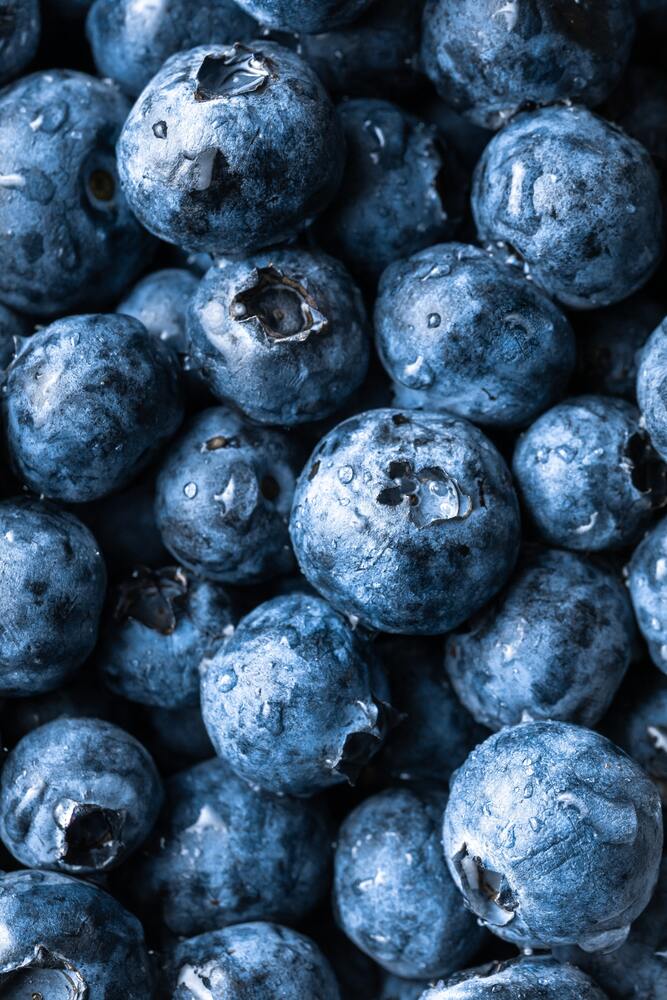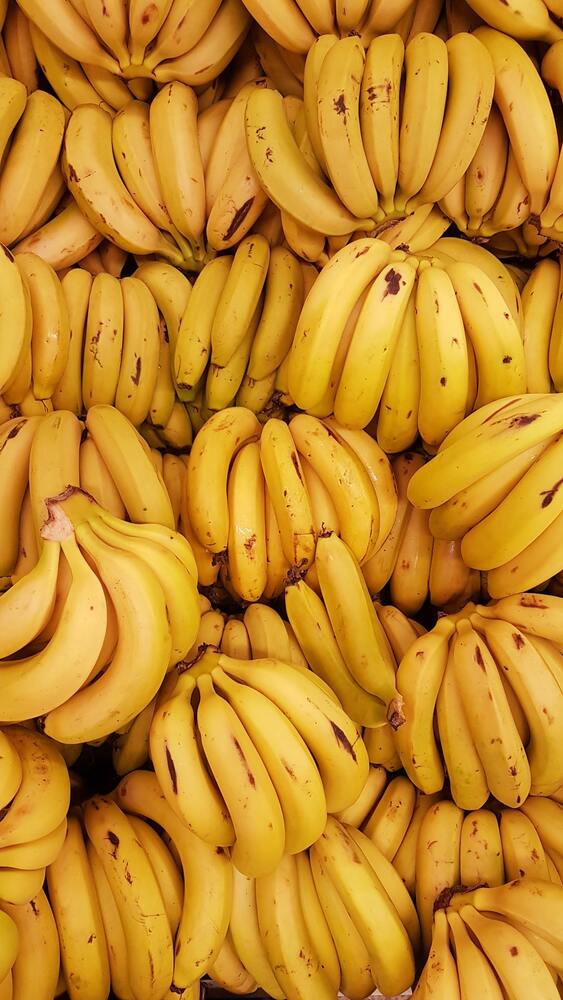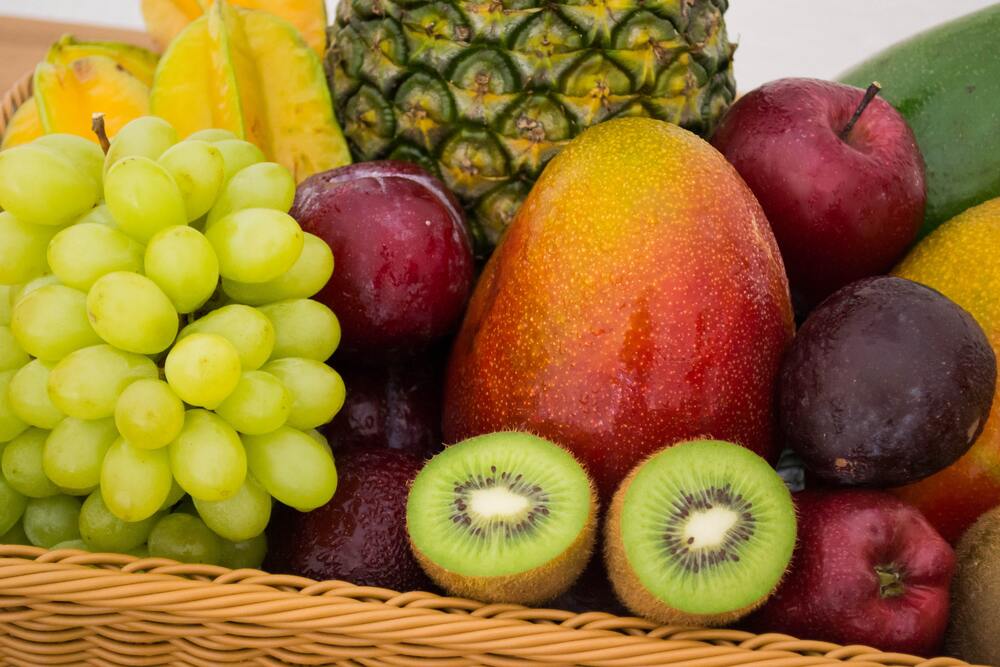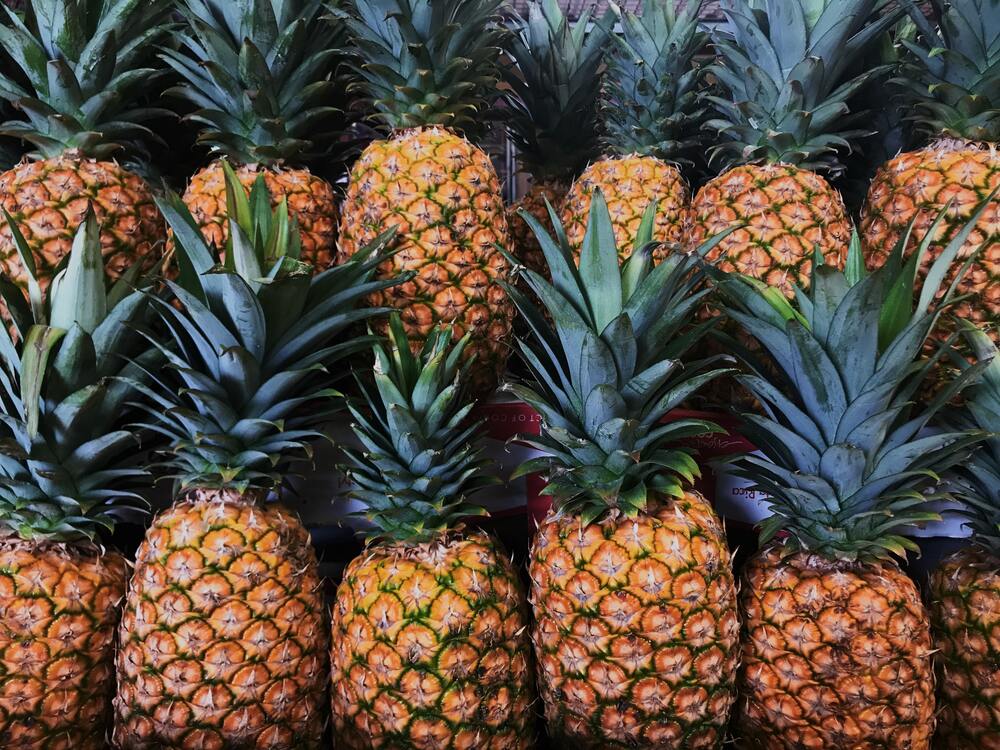Keto Fruit: The Best (and Worst) Options for a Low Carb Diet
Keto Fruit: The Best (and Worst) Options for a Low Carb Diet
The ketogenic diet has gained immense popularity in recent years due to its potential benefits for weight loss and improved overall health. However, for those who love fruit, it can be challenging to maintain a low carb diet while still incorporating fruits into their meals. In this article, we'll discuss the best and worst keto-friendly fruit options, their net carb percentage, and why some fruits may not be suitable for a ketogenic diet.
Can You Eat Fruit When on a Keto Diet?
The answer is yes, but with some restrictions. The ketogenic diet aims to reduce carbohydrate intake and increase the consumption of healthy fats to put your body into a state of ketosis, where it burns fat for energy instead of carbs. However, many fruits are high in carbs and sugar, which can kick you out of ketosis.
What Keto Fruit Can You Eat?
The good news is that there are several keto-friendly fruits that you can enjoy while staying within your daily carb limit. These include:
Fruits Low in Carbs and Sugar
Apart from the above options, there are several other fruits that are low in carbs and sugar and can be incorporated into your keto diet. These include:
Keto Fruit to Avoid
While many fruits are keto-friendly, some are best avoided due to their high carb and sugar content. These include:
Net Carb Percentage in Most Popular Fruits
Here are the net carb percentages for some of the most popular fruits:
As you can see, berries such as strawberries and raspberries are low in carbs and are excellent options for a keto-friendly fruit snack. On the other hand, bananas, pineapples, and grapes are high in carbs and should be avoided or consumed in moderation on a keto diet.
Why Can't I Eat Fruit on a Keto Diet?
The reason many fruits are not allowed on a keto diet is that they are high in carbohydrates and sugar. When you consume high amounts of carbohydrates, your body produces glucose, which can interfere with the state of ketosis.
Ketosis is a metabolic state where your body burns fat for energy instead of glucose. By limiting your carb intake, you can maintain a state of ketosis and burn fat for energy, leading to weight loss and improved health.
What Keto Fruit Can I Eat?
As mentioned earlier, berries such as strawberries, raspberries, and blackberries are great options for a keto-friendly fruit snack. Avocado, tomato, and olives are also excellent choices as they are low in carbs and high in healthy fats.
Other fruits that are low in carbs and sugar include peaches, plums, and apricots. However, these should be consumed in moderation as they still contain some carbs.
Which Fruits Are Not Allowed on a Keto Diet?
Fruits that are high in carbs and sugar should be avoided or consumed in moderation on a keto diet. These fruits include bananas, pineapples, grapes, and oranges. One medium-sized banana contains about 24 grams of net carbs, which is more than the daily allowance for many people on a keto diet.
In general, it's essential to pay attention to the net carb content of the fruits you consume when following a keto diet. By choosing fruits that are low in carbs and sugar, you can still enjoy the health benefits and flavor of fruit while maintaining a state of ketosis.
Keto Fruit List: Best and Worst Options for a Low-Carb Diet
Here's a comprehensive list of keto-friendly fruits and their net carb content per 100 grams:
It's worth noting that while blueberries are higher in carbs than other berries, they are still a good option for a keto diet if consumed in moderation.
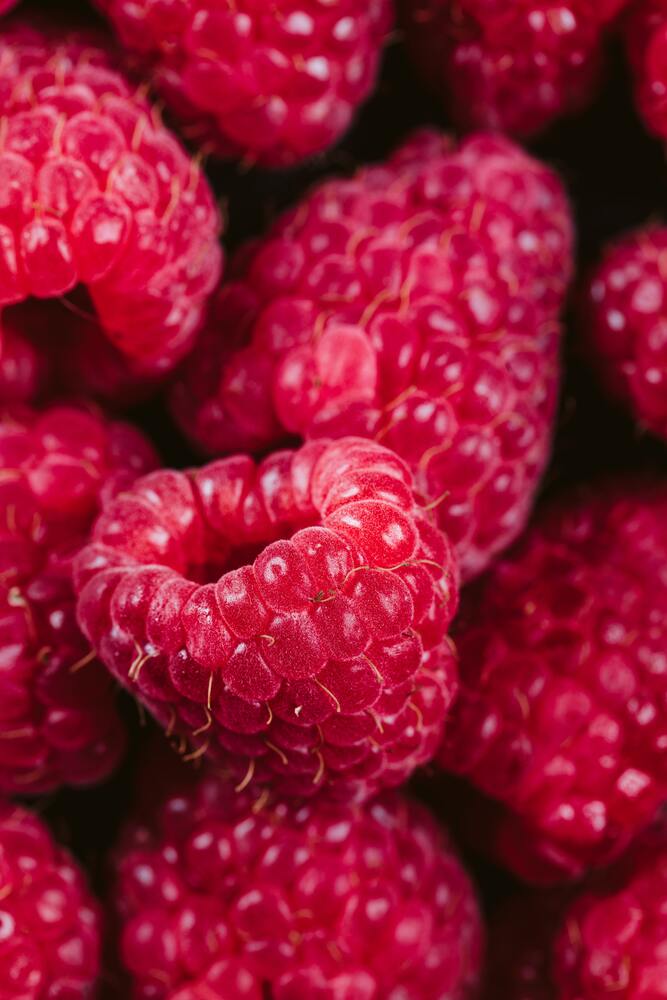
Keto Berries: Top Low Carb Fruits
Berries are among the best keto-friendly fruits because they are low in carbs and high in fiber, antioxidants, and other essential nutrients. Berries are also versatile and can be used in various keto recipes, including smoothies, salads, and desserts.
Fruits Low in Carbs and Sugar
Other fruits that are low in carbs and sugar include peaches, plums, and apricots. These fruits can be enjoyed in moderation on a keto diet, but it's important to keep track of your carb intake.
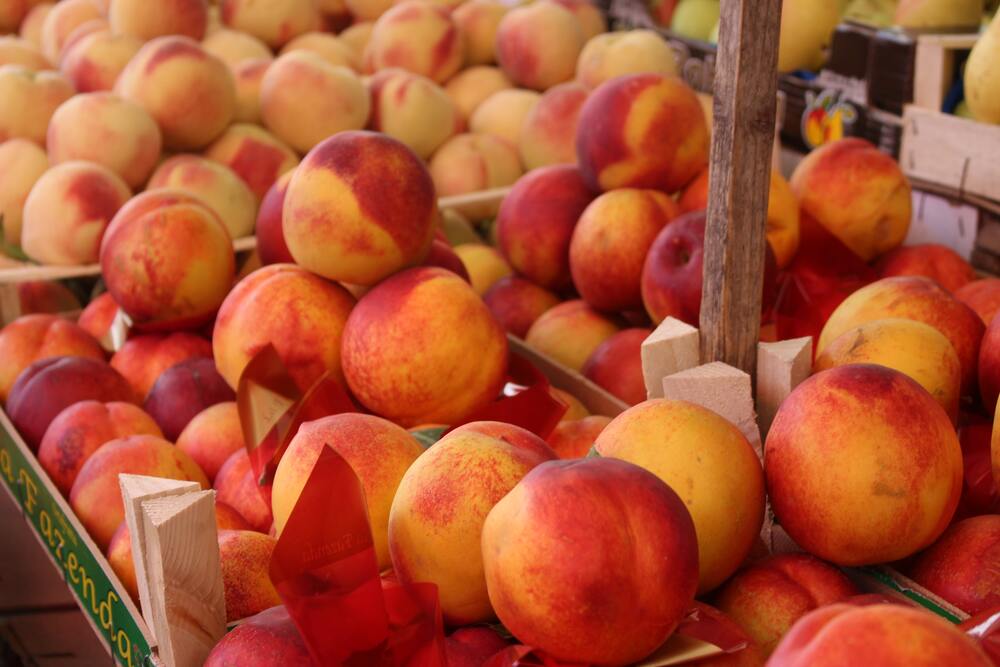
In conclusion, incorporating fruit into your Keto diet can be challenging, but it is possible with the right choices. Berries, avocados, tomatoes, and olives are all excellent options for a low-carb diet. However, it's essential to avoid or limit fruits that are high in carbs and sugar, such as bananas, pineapples, and grapes.
By being mindful of the net carb content of the fruits you consume, you can enjoy the benefits of a ketogenic diet while still incorporating some of your favorite fruits. So the next time you're in the mood for a fruit snack, reach for some low-carb berries or avocado and keep your Keto diet on track.
Might be interesting -Keto Food Guide: What to Eat and What to Avoid


